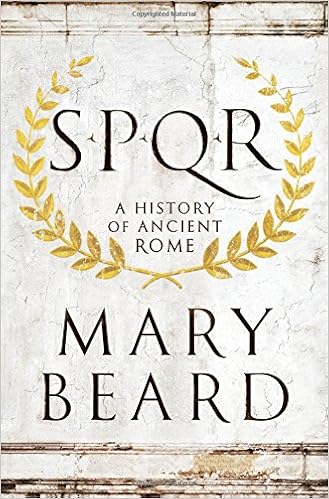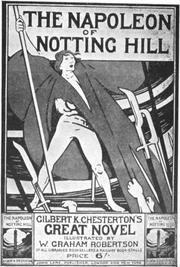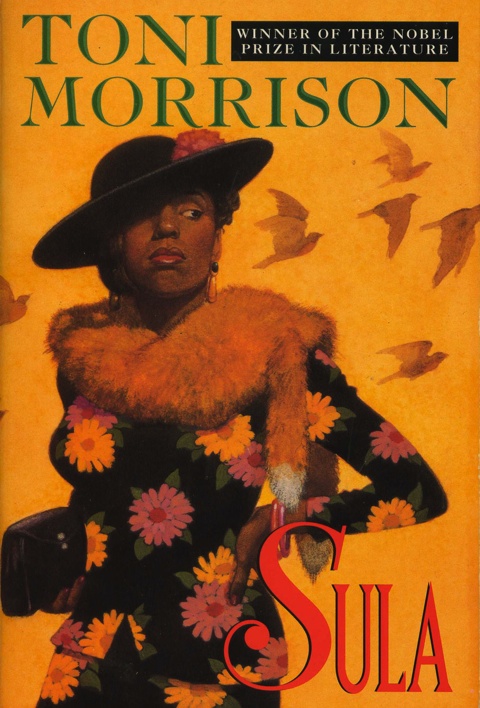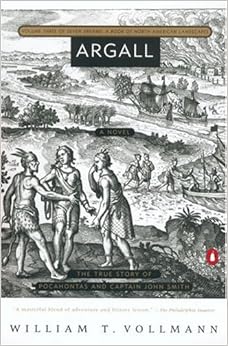Every unknown word sent her to a dictionary--in search of something like "completion"--and every book led to another book, a process which of course could never be completed. This route through early life gave her no small portion of joy, and indeed it seemed at first that her desires and her capacities were basically aligned. She wanted to read things--could not resist wanting to read things--and reading was easily done, and praise for such reflexive habits baffled the girl, for she knew herself to be fantastically stupid about many things. Wasn't it possible that what others mistook for intelligence might in fact be only a sort of mutation of the will?NW is (sort of) a book about a neighborhood. In classic Zadie Smith style, the novel opens with a cacophony of voices and story lines (so much so that it is very difficult to get your bearings at first), all of which take place in NW London. It takes most of the novel for them to coalesce into one narrative arc, but it does so in fairly satisfying fashion by the end.
I felt about this book the same way I've felt about most of the Smith I've read. At first, I really didn't enjoy it. The narratives were too disjointed--the voices to hard to follow. She slips into these inner monologues that are almost impossible to decipher that go on for pages and pages, and then she'll leave a character at the drop of a hat and pick up with a brand new one. It often took me several pages of a new character to re-orient myself, and by the time I did that, she was usually ready to move on to something else. Once I got used to that pace, I was able to sink in and enjoy the writing (which, as always, is excellent), and Smith settles into one coherent story line for the second half of the book that is much easier to follow (and broken up into neat little vignettes).
The book is so sprawling that it's hard to pin down one thing that it's about, but the friendship at it's center is a beautifully conceived one. Two girls, each impressively and utterly believably insecure, grow apart and then back together, and we get to crawl into each of their brains throughout. The ways in which they brutally compare themselves to each other, the conviction they each hold that the other is smarter, more pulled together, more genuinely herself--each of these pieces is perfectly written. What could feel cliche or preachy instead feels honest and a little uncomfortable in its accuracy.
The voices Smith crafts, while initially confusing and off-putting, become totally immersive by the end of the book. Her sentences tumble and weave and sound just like the jumble of thoughts that go on in your head, but they resolve into these beautiful nuggets (that sound nothing like thoughts I have ever had). Sprinkled throughout are these sentences that stop you in your tracks for minutes a time: "While she was becoming, everyone grew up and became." "I am the sole author of the dictionary that defines me." "Like most children, theirs was a relationship built on verbs, not nouns." I'm willing to put up with a lot of garbled monologues to get to gems like these.
Overall, I ended up enjoying it. I often felt like I wasn't a smart enough reader to grasp what Smith was trying to achieve, but I found enough to hold onto to ground myself in the story and enjoy the ride.

















